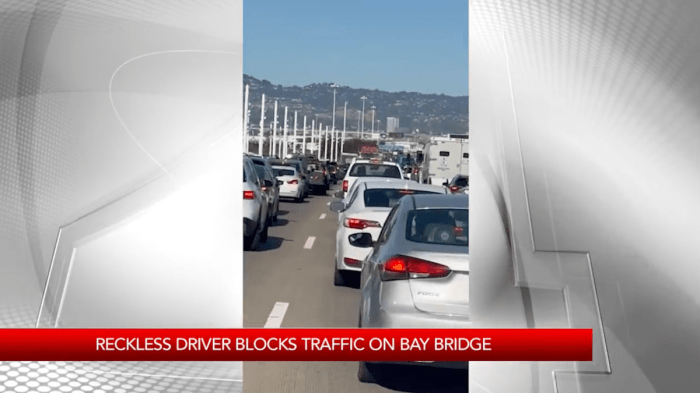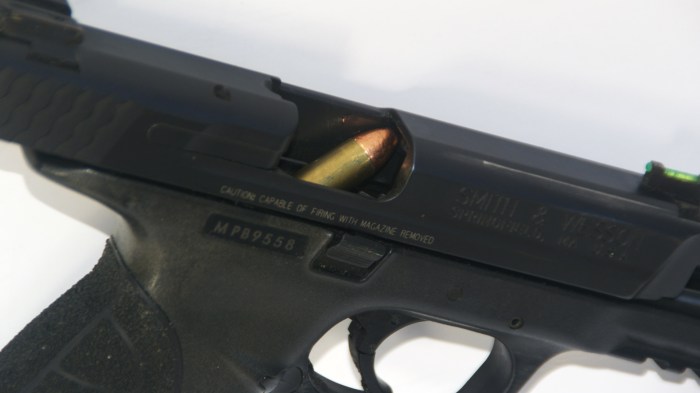What causes a gun to jam? This question plagues shooters of all levels, from novice to expert. Understanding the underlying causes of gun jams is crucial for ensuring a safe and enjoyable shooting experience. This comprehensive guide delves into the various factors that can lead to gun malfunctions, providing practical tips and insights to help you prevent and troubleshoot these frustrating occurrences.
Gun jams can arise from a myriad of issues, including ammunition problems, mechanical malfunctions, environmental factors, and human error. By exploring each of these causes in detail, we aim to empower you with the knowledge and skills necessary to keep your firearm operating smoothly and reliably.
Understanding Gun Jams: What Causes A Gun To Jam

Gun jams are frustrating and potentially dangerous occurrences that can disrupt the smooth operation of a firearm. They occur when a firearm fails to cycle properly, preventing it from firing or ejecting spent casings. Understanding the causes of gun jams is crucial for shooters to prevent and resolve them effectively.
Jams can be caused by various factors, including ammunition issues, mechanical malfunctions, environmental conditions, and human error. By addressing these potential causes, shooters can significantly reduce the likelihood of encountering jams and ensure the reliable performance of their firearms.
Ammunition Issues

- Improper Ammunition:Using ammunition that is not designed for the specific firearm can cause jams. Factors such as bullet diameter, cartridge length, and powder charge must match the firearm’s specifications.
- Ammunition Quality:Low-quality or damaged ammunition can contribute to jams. Faulty primers, weak powder charges, and deformed casings can prevent the firearm from cycling properly.
- Ammunition Compatibility:Some firearms are designed to work with specific types of ammunition. Using incompatible ammunition, such as rimfire rounds in a centerfire firearm, can result in jams.
Mechanical Malfunctions
- Worn or Damaged Parts:Over time, firearm components can wear out or become damaged. Worn firing pins, extractors, and ejectors can lead to jams by failing to perform their intended functions.
- Improper Cleaning and Lubrication:Lack of proper cleaning and lubrication can cause dirt, debris, and corrosion to accumulate within the firearm. This can impede the movement of components and result in jams.
- Malfunctioning Magazines:Magazines that are damaged or improperly loaded can fail to feed ammunition into the firearm, causing jams.
Environmental Factors
- Temperature Extremes:Extreme cold or heat can affect the performance of firearms. Lubricants can thicken in cold temperatures, while excessive heat can cause metal components to expand and seize.
- Humidity:High humidity can cause moisture to accumulate within the firearm, leading to corrosion and potential jams.
- Dirt and Debris:Exposure to dirt and debris can clog the firearm’s mechanisms and cause jams. Sand, mud, and other particles can interfere with the smooth operation of components.
Human Error, What causes a gun to jam

- Limp Wristing:Failure to maintain a firm grip on the firearm during firing can cause the slide or bolt to cycle incompletely, resulting in a jam.
- Thumb Over Bore:Placing the thumb over the ejection port during firing can interfere with the ejection of spent casings, causing a jam.
- Incorrect Magazine Loading:Improperly loading magazines with too much or too little ammunition can lead to jams when the firearm attempts to cycle.
Question Bank
What are the most common types of gun jams?
The most common types of gun jams include failure to feed, failure to extract, and failure to fire. Failure to feed occurs when a new round fails to enter the chamber, while failure to extract occurs when the spent casing fails to eject from the chamber.
Failure to fire occurs when the firing pin does not strike the primer with enough force to ignite it.
How can I prevent gun jams?
To prevent gun jams, it is important to use high-quality ammunition that is compatible with your firearm. You should also keep your firearm clean and lubricated, and store it in a dry environment. Additionally, it is important to practice proper shooting techniques and to avoid limp wristing.
What should I do if my gun jams?
If your gun jams, the first step is to clear the jam. To do this, unload the firearm and remove the magazine. Then, inspect the chamber and barrel for any obstructions. If you cannot clear the jam yourself, you should take your firearm to a gunsmith.
